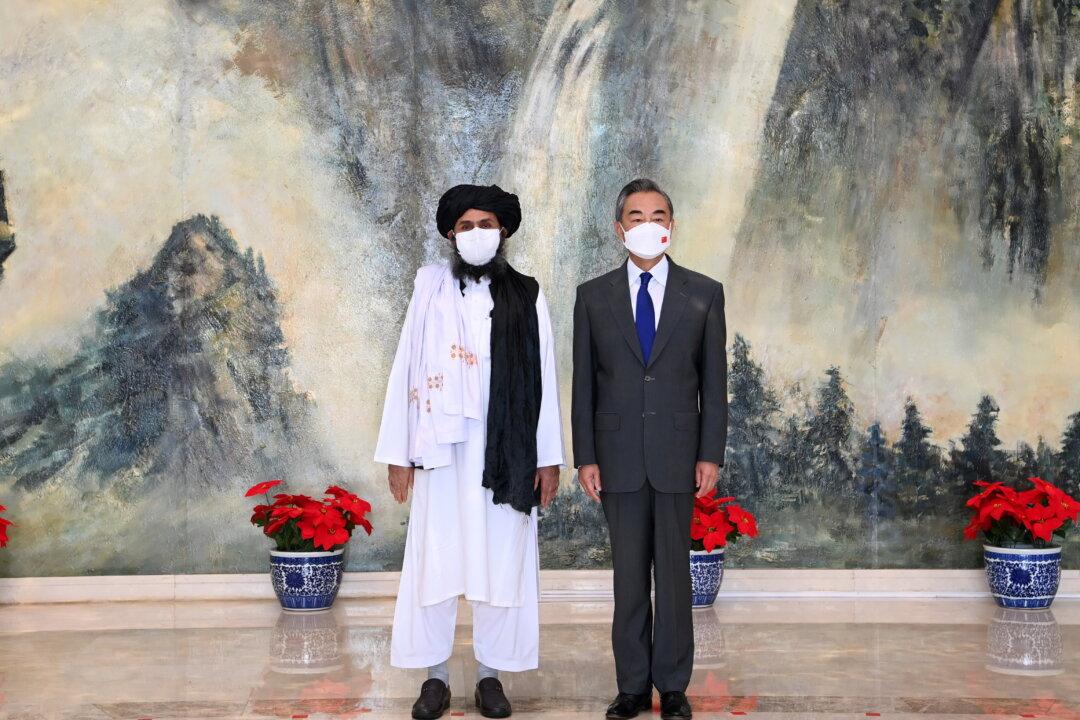The Taliban takeover of Afghanistan gave the Chinese regime a golden opportunity to attack the United States and attempt to widen its own influence. And it wasted no time to seize it.
State-run newspapers, broadcasters, and Chinese diplomats have launched a propaganda offensive not dissimilar to the regime’s ongoing efforts to deflect blame around the origins of the pandemic.





